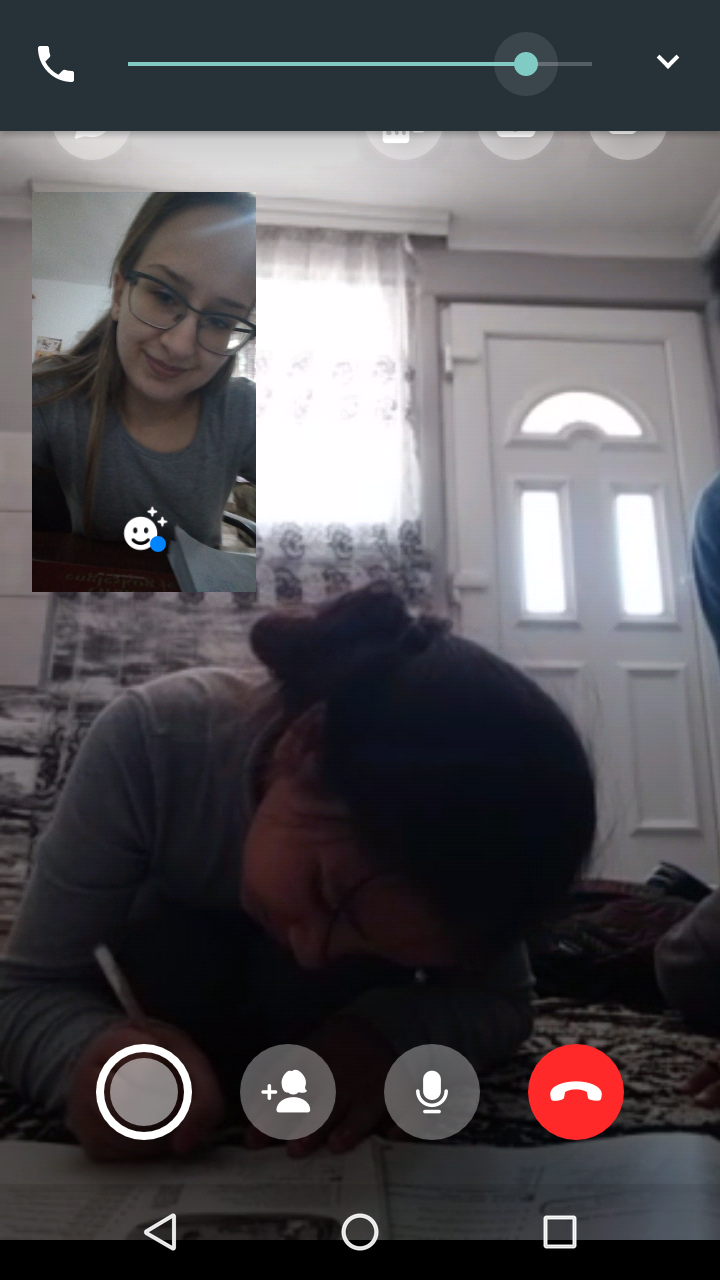A state of emergency because of COVID-19 was declared in Serbia in March of 2020. At the beginning of May, the prevention and protection measures were relaxed and the Government of Serbia organised the parliamentary elections. However, at the beginning of July 2020, the situation has significantly worsened. Every day there is an increasing number of patients and deaths caused by the coronavirus infection. Many hospitals have been turned into COVID hospitals and they have been full for quite some time. We are talking with the executive director of ISSA member – Group for Children and Youth Indigo Tamara Simonović, who is telling us how COVID-19 influenced the activities of her organization. Today we publish the first part of the interview with Tamara. The second part can be found here.
- Tamara, what extra needs families, children and programs have during the pandemic, as you see from your experience?
- Given that the living conditions of children and parents living in reception centres for refugees, as well as Roma children and their families, are already difficult enough, one gets the impression that the pandemics has exacerbated all these problems, but also caused the new ones. The pandemics affected the refugee children by interrupting their formal education. They were previously included in the local education system, but once the online teaching started, it was difficult for the refugee children to stay involved, as the internet in the reception centres is weak and the children do not have the equipment that is necessary to participate. Moreover, the teachers were overwhelmed with the new methods of online teaching and could dedicate very little time to teaching refugee children or caring for their well-being. Indigo provided the minimum conditions for participating in the online learning: substituted school teachers by preparing lessons in advance and offered kids the educational contents suitable for their age and needs.
Young children, who were accustomed to playing in the Child Friendly Space and participating in group activities, found it difficult to find a suitable replacement. They did not understand why circumstances changed so much and it was difficult for the parents to explain this. Children spent most of the time inside and parents had difficulties organizing time with their children. Parents also needed the psychological support more than before, since they had to cope with the situation of uncertainty and the fact that their movement was restricted.
For many, the big problem during quarantine was that they did not have the opportunity or funds to buy food that is of good quality and other necessities. All these problems accumulated and caused anxiety and conflicts. One of the big problems is that during the pandemics people felt as if they „had no right” to get sick and be cured of another disease. Due to the virus, visits to a specialist or hospital are kept to a minimum.
- What about Roma children and their families? Was it any different with them?
- Roma children and their families faced the start of the pandemics unprepared for such circumstances. Most of the families did not have any means of participating in online education organised by schools. They did not have adequate internet or equipment to participate. Some children managed to follow the curriculum and achieve progress in school, but for the most of them this model of education was not suitable. They required individual support, which was not always possible during the pandemic. We managed to minimize some of the problems Roma children in Crvena Zvezda settlement (in Nis, Serbia) faced with online education, by organising online non-formal educational support. We were also involved in the communication between children and school, and we supported children and teachers in coping with uncertainty and unpreparedness caused by the pandemics.
Most Roma parents make a living by collecting recyclable materials and by trade or doing manual labour. During the state of emergency, the movement was restricted. Therefore, they were unable to work and provide for their families the same way as before the state of emergency. We managed to alleviate these problems by providing food and hygiene parcels to the families with school children. We also provided psychological support to the parents, especially mothers who were expected to help the children with their homework, while, at the same time, doing all the housework.
- Did practitioners in your country feel supported by the national- regional ECD structures? If not, what were the main challenges they had to face?
- Since we work with refugee children in the Reception Centres, we have contacts with the schools and pre-school institution the children attend. Because access to formal education for the refugee children has been limited since the outbreak of the pandemics, we have had difficulties keeping the refugee children involved. The education system had very little understanding for the vulnerable and poor children and the teachers were not supported enough in this difficult period. The lessons were broadcasted on the national television, and children from the Reception Centres did not have access to it because of technical issues. Even if they had the access, it would mean little to them, as they do not understand the language of instruction enough to be able to follow. It took a long time to make a plan with the schools to give children access to education.
In the work with Roma children, we had to be in constant contact with the teachers, so that we could follow children’s progress and keep track of the assignments. We mostly had good commutation with the teachers, but the main problem was the lack of communication between schools and children. We had to mediate the process and be the main link between them. We also provided the tablets and internet to the poorest children.
- How did you cope with unpreparedness, anxiety and the inequality among children?
- During the epidemics, we recognized the anxiety and changes in behaviour of children. The younger the child is, the less noticeable the changes are, and the older the child is, the more prone to anxiety and the more noticeable it is. We talked to these children, to see what causes their anxiety and to present the situation to them in a realistic way. We explained to them this situation would not last forever. We used interesting and illustrative ways, such as videos and images. We advised them to be in virtual contact with their friends, but to limit the use of the social networks. During the period when we worked only online, we helped them by sharing all the fun and interesting contents via social networks. We chatted with children and were available for assistance.
We also teamed with the youth living in Crvena Zvezda Roma Settlement. They kept the contacts with the children who were not able to go online and their parents, and we exchanged the information on their situation and progress. These children received the printed learning material from the school teachers once a month and were expected to do the assignments and return them to school. We worked together with the Roma youth on providing the educational support to these children, too.




